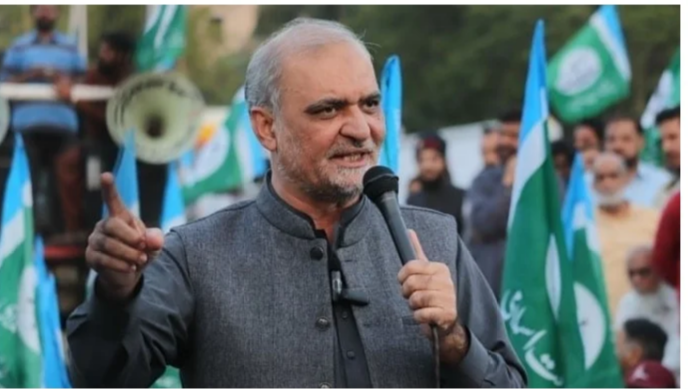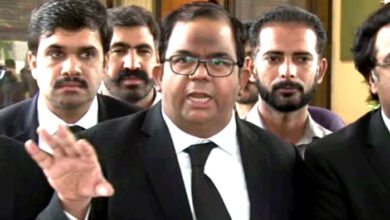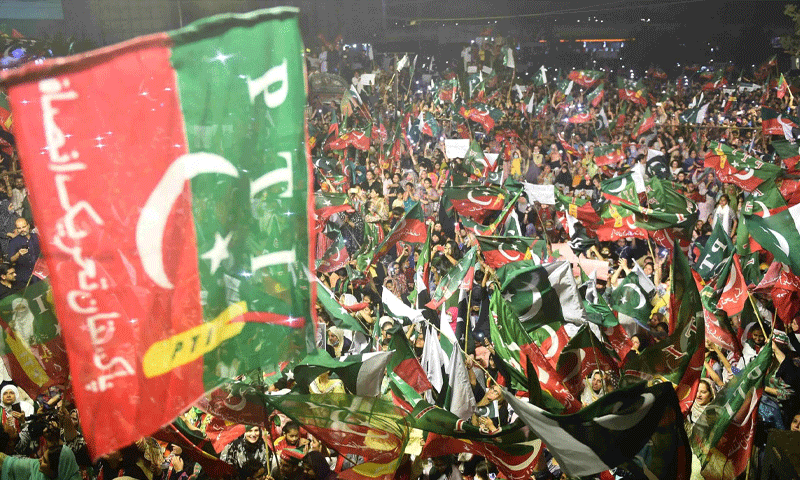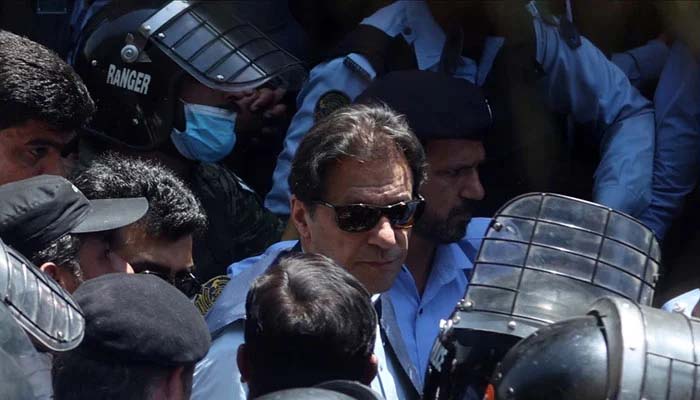Ramzan Sugar Mills Case: Anti-Corruption Court to Determine Jurisdiction for Hearing
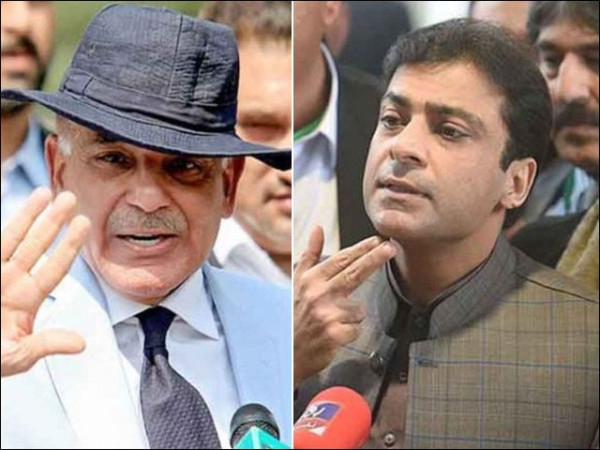
Lahore: The Anti-Corruption Court in Lahore has postponed the hearing of the Ramzan Sugar Mills case involving Prime Minister Shehbaz Sharif and his son Hamza Shehbaz until December 4. The judge stated that the court needs to first determine whether it has the jurisdiction to hear the reference.
The National Accountability Bureau (NAB) had filed the reference in the Anti-Corruption Court against Shehbaz Sharif and Hamza Shehbaz. Senior Special Judge of the Anti-Corruption Court, Sardar Muhammad Iqbal Dogar, heard the case.
Hamza Shehbaz appeared before the court and completed his attendance, while a representative of Prime Minister Shehbaz Sharif, Anwar Hussain, also appeared and marked his attendance. The court adjourned the proceedings for some time to review its jurisdiction over the case. During this, the lawyers for both Shehbaz and Hamza submitted a copy of the NAB (Amendment) Ordinance for the court’s consideration.
Amjad Pervez, the lawyer for the accused, argued that under the NAB (Amendment) Ordinance, the Anti-Corruption Court holds the authority to hear the reference. The judge asked if formal charges had been framed in the case, to which the lawyer confirmed that charges had been framed and four witnesses had already testified.
The judge remarked that it was unclear how the Anti-Corruption Court could proceed with the NAB charges. In response, the defense lawyer referenced decisions by higher courts and suggested that the court could proceed with framing the charges if it deemed appropriate.
The judge noted that the court was yet to decide whether to continue with the accountability court’s proceedings or to restart the process itself. The hearing was adjourned until December 4 due to the volume of pending cases.
It is noteworthy that following the NAB (Amendment) Ordinance, the NAB reference was transferred to the Anti-Corruption Court. Shehbaz Sharif and Hamza Shehbaz are accused of constructing a polluted drain at the government’s expense.


